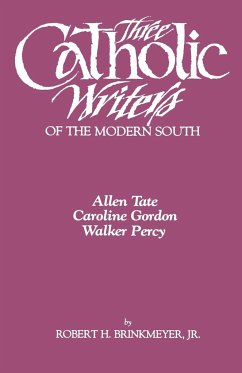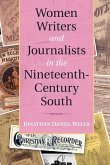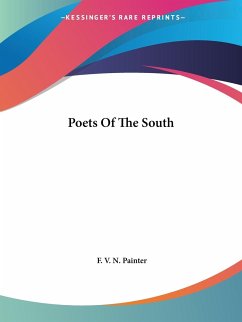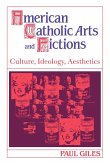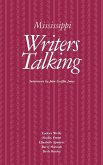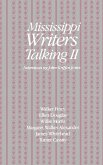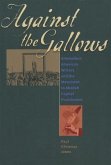This is the first full-length study of the literary phenomenon in which the modern South, heartland of evangelical Protestantism, has produced significant Roman Catholic writers. This study focuses on Allen Tate, Caroline Gordon, and Walker Percy, converts to Roman Catholicism, and explores their arduous efforts to achieve perception and articulation, together with the art resulting from their struggles. Many parallels exist in the careers of Tate, Gordon, and Percy. All three grew up in obscure communities where their lives were shaped by the heritage of the Old South. When Tate, Gordon, and Percy entered the rapidly changing world of modern society, they found their value systems and identities under extreme challenge. Although all three realized that they were modern artists and that the Old South world of their childhoods bore little relevance to twentieth-century society, they nonetheless carried within them intense feelings for the old ways: a strong sense of community, a strict morality, a respect for the sacredness of life. This tension between the old and the new, what Allen Tate called a "crossing of the ways," shapes Tate's, Gordon's, and Percy's imaginations. This "crossing of the ways" eventually led each to another crossing, to Roman Catholicism. While all three saw their southern identities as a way to define themselves against the modern world, at the same time they recognized that this definition was resistance, not transcendence. They turned to the Church to restore myth, meaning, and mystery to life and to assert order amidst what they saw as a morally irresponsible world. None of the three found such a step simple or easy. From their struggles with faith, the South, and modernity, their powerful and intense works of literature have emerged.
Bitte wählen Sie Ihr Anliegen aus.
Rechnungen
Retourenschein anfordern
Bestellstatus
Storno

